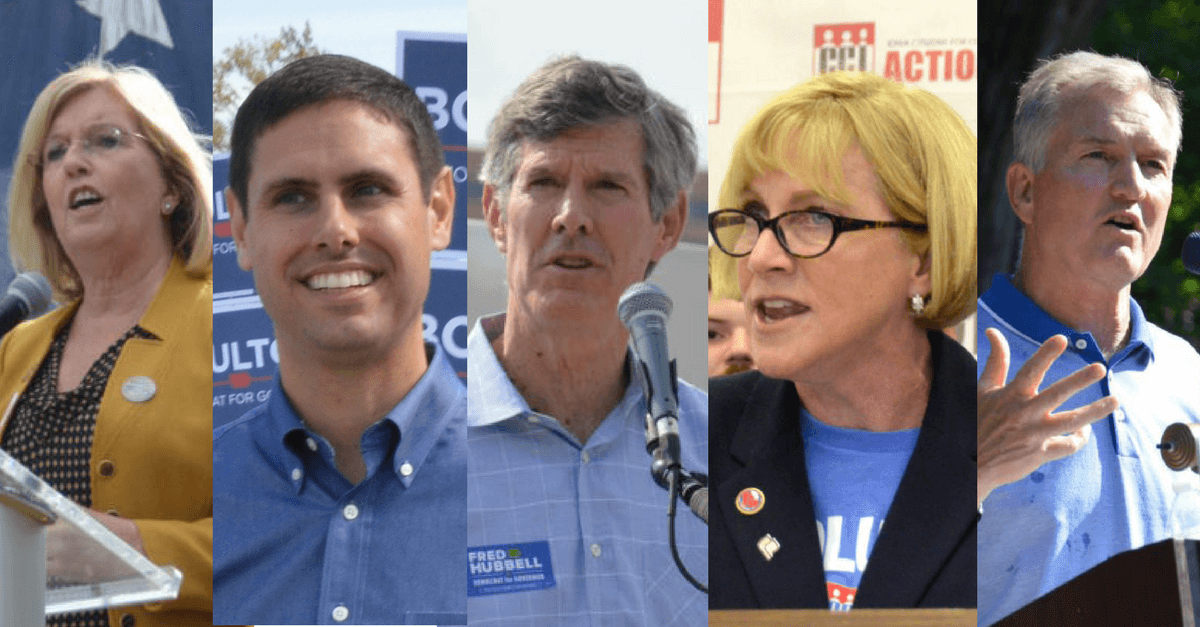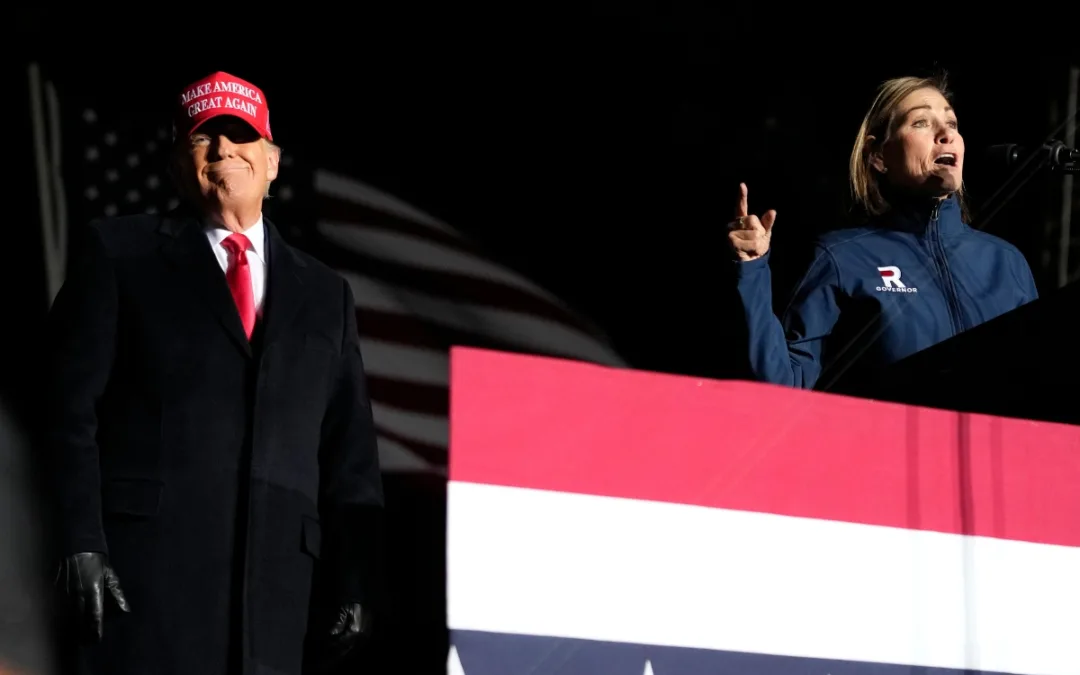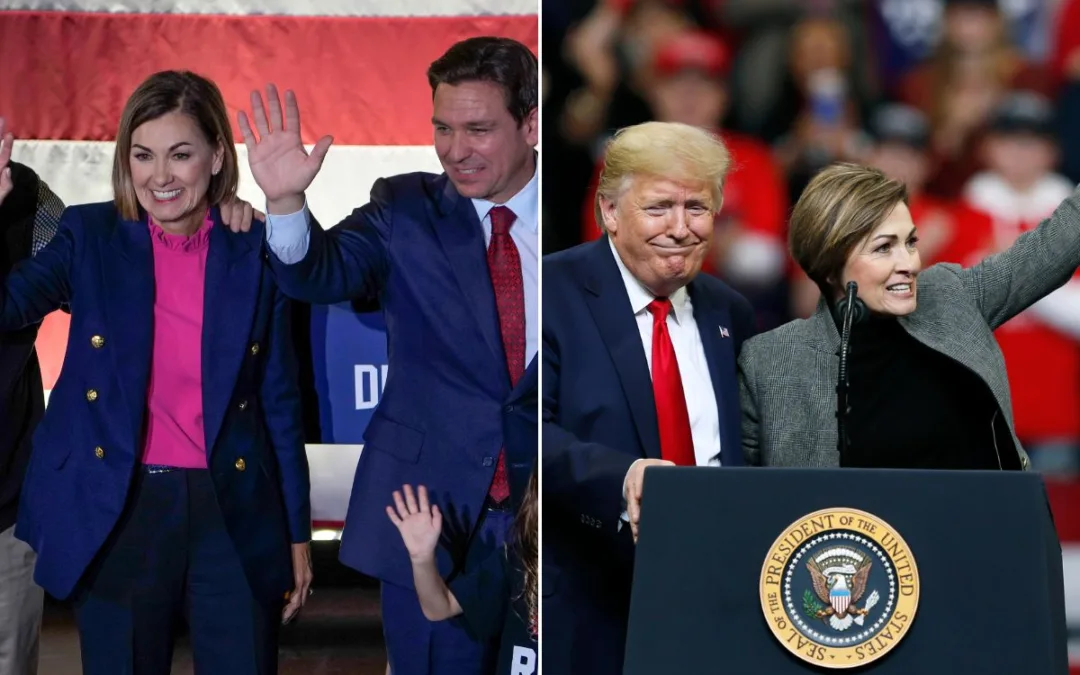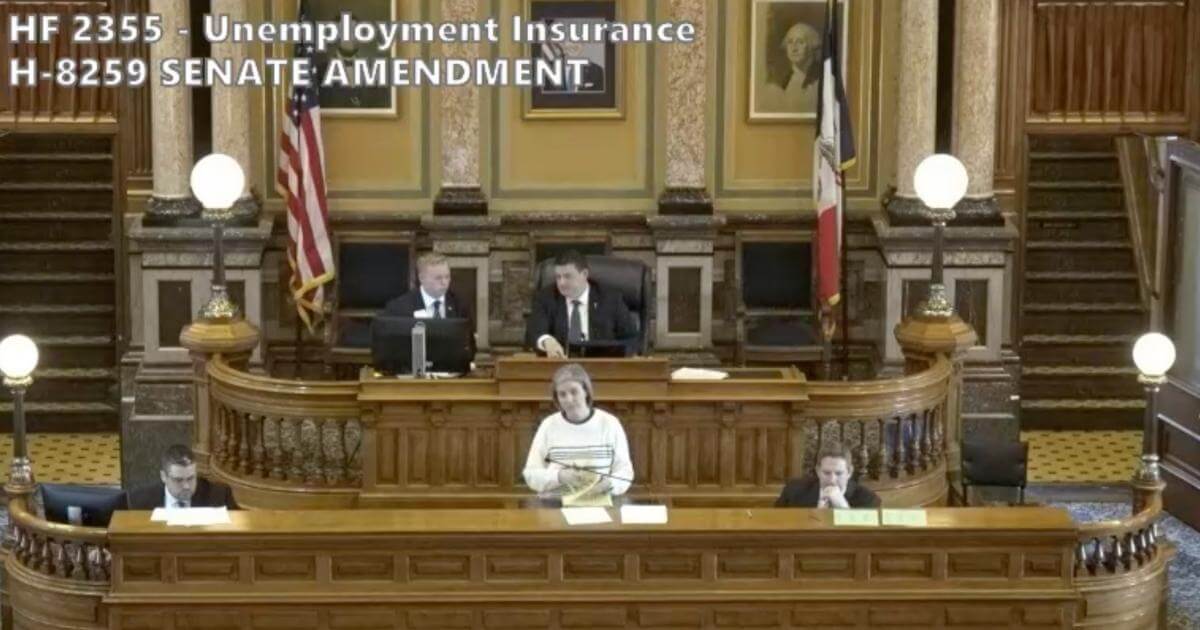
Did you email inbox nearly implode over the past week with constant fundraising pleas from every Iowa candidate you’ve ever heard of? You’re not alone, as each campaign went all-out in the closing hours of the year, insisting that it was their most critical finance deadline of the campaign. Of course, they often say the same thing about their next deadline, real or imagined, a few weeks later. But when the Democrats’ gubernatorial candidates said that as 2017 came to an end, they really meant it.
Congressional fundraising reports are pretty easy to understand – filing periods are quarterly. Fundraising periods and deadlines for Iowa state races, however, are confusing and just kind of weird.
While most of Iowa’s gubernatorial candidates got in the race back in the spring and summer of 2017, not a single one has had to report their donors or fundraising totals or expenses yet. Their first filing deadline is January 19. That report will cover the entirety of 2017.
To get a better sense of how this all works, here’s how the fundraising reporting schedule is laid out for all non-federal Iowa candidates running in 2018.
| Report Due | Covered Period |
| Jan 19 | Jan 1 – Dec 31 (2017) |
| May 19 | Jan 1 – May 14 |
| June 1* | May 15 – May 29 |
| July 19 | May 15 (or May 30) – July 14 |
| Oct 19 | July 15 – Oct 14 |
| Nov 2* | Oct 15 – Oct 30 |
| Jan 19 (2019) | Oct 15 (or Oct 31) – Dec 31 |
The two dates with asterisks are supplementary reports – they’re only necessary if you raise a certain amount of money in that timeframe ($10,000 for gubernatorial candidates, $5,000 for other statewide candidates and $1,000 for state legislative candidates). All of the major candidates will raise enough to have to file those reports as well.
The other important date here to remember is June 5 – the day of the Democratic (and Republican) primary. And therein lies the problem. You only get two big chances before the election to see how much money each candidate is raising and from where: the first in mid-January and the second four months later. The May 19 report comes just two and a half weeks before the actual election – too late to have a very major impact on the race.
Compare the state requirements to the timeline for congressional/federal campaigns. They report 15 days after the end of each quarter. We’ve already seen one or two filings from all of Iowa’s congressional candidates last year, and we’ll get two more before the primary: January 15 and April 15. The April 15 date is helpful, as there’s still nearly two months to go in the primary campaign at that point. That’s enough time for the campaigns, national organizations, PACs and major donors to readjust their strategy.
By the time the May 19 report rolls around for the state campaigns, the campaign is nearly done – a group can always toss a couple tens of thousands of dollars more to a candidate surging right at the end, but most of the primary’s dynamics are set at that point.
Many political action groups, advocacy organizations, elected officials and big donors like to wait to see at least a few fundraising reports to figure out which candidates are serious and have a good shot at winning before they endorse or contribute. Many activists and watchdog groups like to scour the reports to see where a candidate is receiving their money, especially if there are any particular industries or ideological groups going all-in for a campaign.
Of course, there are plenty of other metrics of success in campaigns, as well as many unmeasurable ones – the issue here is that these fundraising reports are one of the only parts of a campaign that are made public. A campaign may say they have a huge field operation with hundreds of volunteers knocking thousands of doors every week, but you don’t ever know that for sure because those are all internal numbers.
That’s why the reports – especially the January 19 report for the gubernatorials – are so important. Consider what happened in 2006, the last time Democrats faced a highly-competitive gubernatorial primary. Here’s what the January 19, 2006 totals showed for their fundraising during 2005:
Chet Culver: $1,139,760 raised, $832,546 cash on hand
Mike Blouin: $521,805 raised, $362,893 COH
Patty Judge: $125,695 raised (and a $53,510 loan), $46,730 COH
Ed Fallon: $110,815 raised, $34,741 COH
Judge, who was secretary of agriculture at the time, was originally thought of as a major contender in the primary, but her poor fundraising showing scared off further support. She would drop out of the race about a month later and joined Culver as his lieutenant governor running mate.
It’s unlikely that one of Democrats’ five major gubernatorial contenders will post a poor-enough fundraising showing on the 19th that it would drive them out of the race, but the final totals will shape how some people view the primary. Given what most observers are expecting those numbers to look like, all of the five will probably have enough funds to raise a full campaign through the primary. Those lagging behind the others may have to rely on coming up with some creative ads to make up for others’ financial advantages.
As for other statewide races, January 19 should give a good sense of how competitive they’ll be in the general. How much will Secretary of State Paul Pate and State Auditor Mary Moisman raise for their reelections? And will the Democrats looking to take them on surprise with fundraising totals near or above the Republicans?
These reports are even more important for state legislative candidates running for the Iowa Senate and Iowa House, but the January report isn’t nearly as critical for them. Most of the key legislative battleground districts won’t see primaries, there’s still time for candidates to declare and many haven’t fully ramped up their fundraising efforts yet. The May and July reports are much more significant when it comes to convincing the party, unions, PACs and other donors which legislative campaigns to invest in. It’s particularly important because, unlike the high-profile gubernatorial race, there’s very little coverage of state legislative candidates – so fundraising totals are one of the very few public data points on those races.
Starting Line will be closely covering all the fundraising numbers as they come out. It should be noted that January 19 is the deadline, but people can start filing their reports ahead of time. Most wait until the day of, but we’ll do running coverage as they happen. If you want to check for yourself, go to this link on the Iowa Ethics and Campaign Disclosure Board’s website.
by Pat Rynard
Posted 1/2/18
Politics

It’s official: Your boss has to give you time off to recover from childbirth or get an abortion
Originally published by The 19th In what could be a groundbreaking shift in American workplaces, most employees across the country will now have...

Trump says he’s pro-worker. His record says otherwise.
During his time on the campaign trail, Donald Trump has sought to refashion his record and image as being a pro-worker candidate—one that wants to...
Local News

No more Kum & Go? New owner Maverik of Utah retiring famous brand
Will Kum & Go have come and gone by next year? One new report claims that's the plan by the store's new owners. The Iowa-based convenience store...

Here’s a recap of the biggest headlines Iowa celebs made In 2023
For these famous Iowans, 2023 was a year of controversy, career highlights, and full-circle moments. Here’s how 2023 went for the following Iowans:...





